1 in 50 Kids Are Victims of Identity Theft: How Oversharing Puts Children at Risk
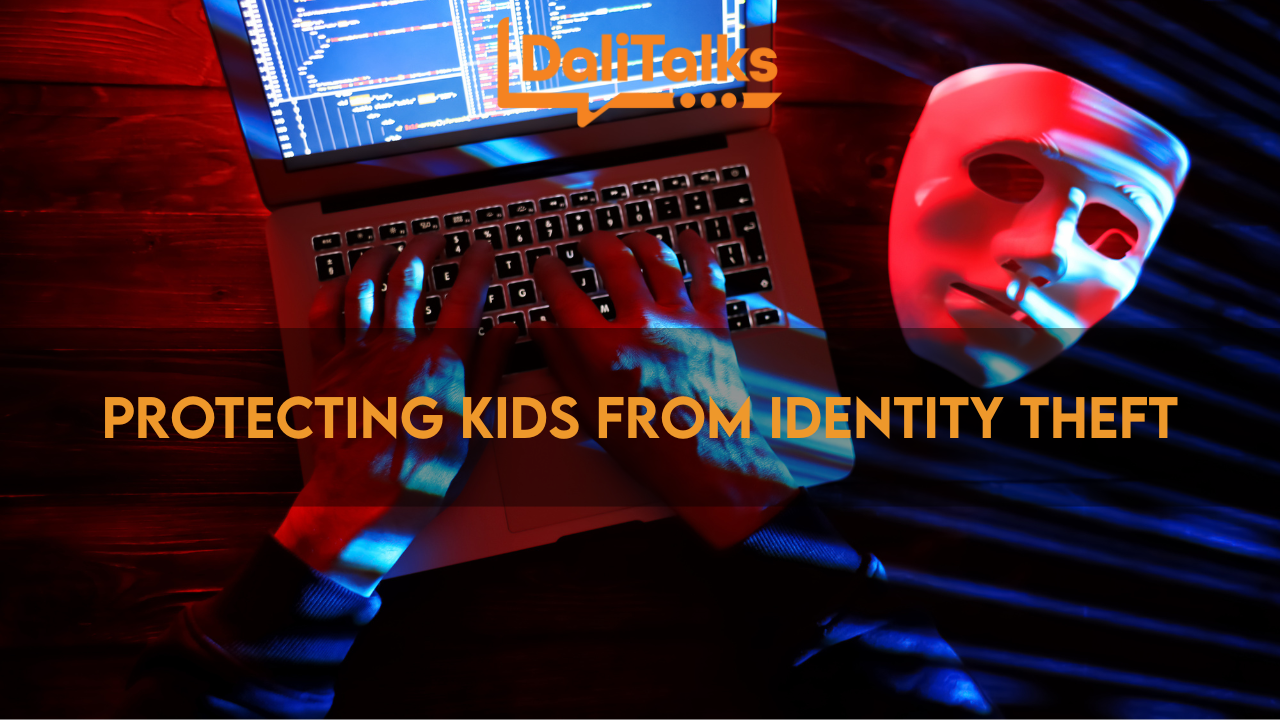
|
Kids aware of world news experience more anxiety

Kids are more in tune with world affairs than you might realize. As a matter of fact, there has been a rise in minors using Twitter to keep up with the news.
While it’s great that they’re interested in staying up to date, kids can get more and more anxious and fearful.
So, although they might seem ok or unphased about what’s going on, start asking questions. The first thing you want to know is how much they know.
Before you start this conversation with them, consider a game plan. You might be surprised about what they could tell you.
✅ First of all, ask open-ended questions. Example: What have your friends been sharing about the conflict in Ukraine? How do you and your friends feel about the school shootings in the U.S.?
✅ Validate their feelings. Kids have a right to feel what they feel because their emotions are real to them.
✅ Answer their questions with the truth. When you do this, adjust your language to their age appropriateness. Sometimes when we give too much i...
Do You Know How To Keep Your Child Safe Online?

There are so many controversies about kids and social media.
This is what people have said.
👉🏽👉🏽 Parents can get sued by social media platforms if their kids are caught on a platform they're not old enough to be on.
👉🏽👉🏽 Social media platforms are nothing but trouble for kids.
👉🏽👉🏽 Kids shouldn't be on social media.
👉🏽👉🏽 I don’t need to monitor my child’s devices. They’re responsible and know what to not do.
👉🏽👉🏽 As long as my child’s account is private, they’ll be ok.
But the thing is, most parents don't know enough about the dangers and safety measures they should implement to keep their kids safe online.
That’s why before you give your child a device that allows them to get on social media, YOU MUST educate yourself first.
To give you an idea about why you should seek out education about social media dangers, here are some stats.
According to the Pew Research Center studies, the main method that parents monitor their children’s use of the web is by limiting the ...
Can you accept a compliment?

|
The Digital Skills Kids Need Before Going Online
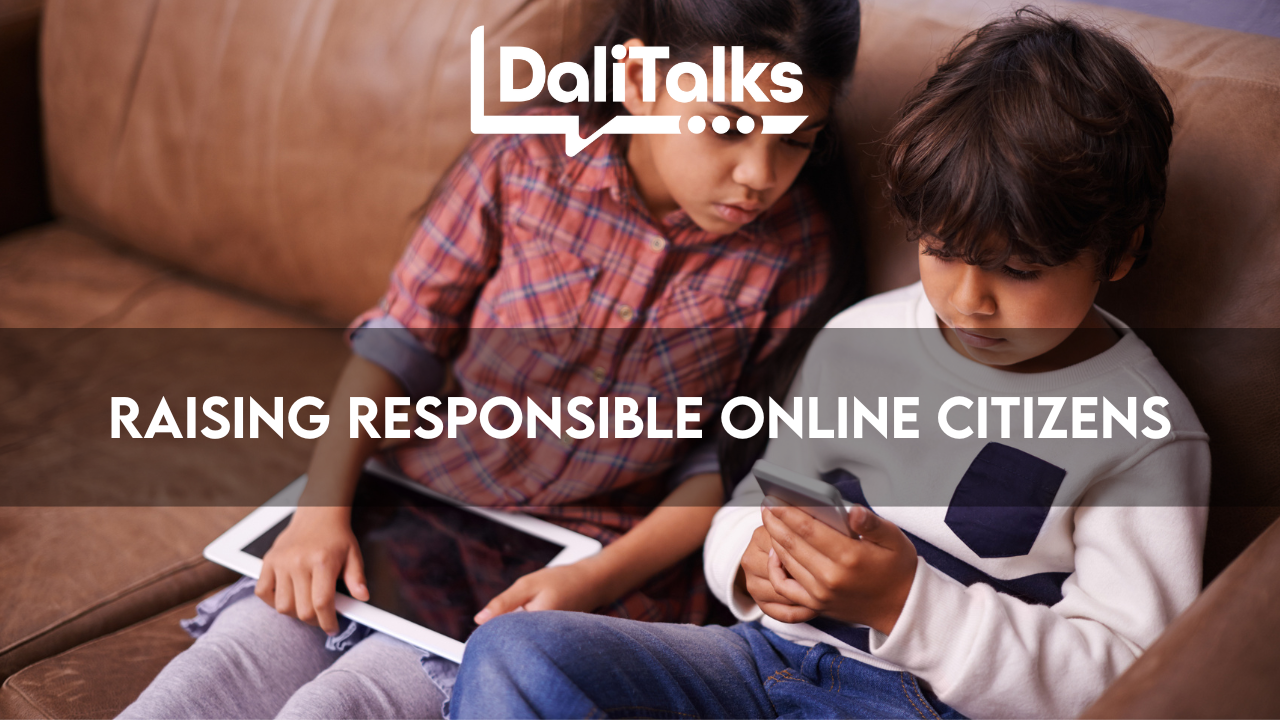
What Does It Mean to Be a Good Digital Citizen?
Being a good digital citizen means having the knowledge, awareness, and skills to use technology responsibly, respectfully, and safely. For children, digital citizenship is not just about knowing how to use devices. It is about understanding how their words, actions, and choices online affect themselves and others.
In today’s digital world, children are communicating, learning, and building relationships online earlier than ever before. Without guidance, they can unintentionally become involved in cyberbullying, invasion of privacy, oversharing personal information, or harmful online behavior that can have long lasting consequences.
Before we allow children access to social media, gaming platforms, or online communities, it is our responsibility as parents, guardians, educators, and caregivers to teach them how to navigate the digital world safely and confidently.
The Real Risks Kids Face Online
Cyberbullying often goes unnoticed bec...
10 Prompts to Help Kids Create Gossip-Free Friendships
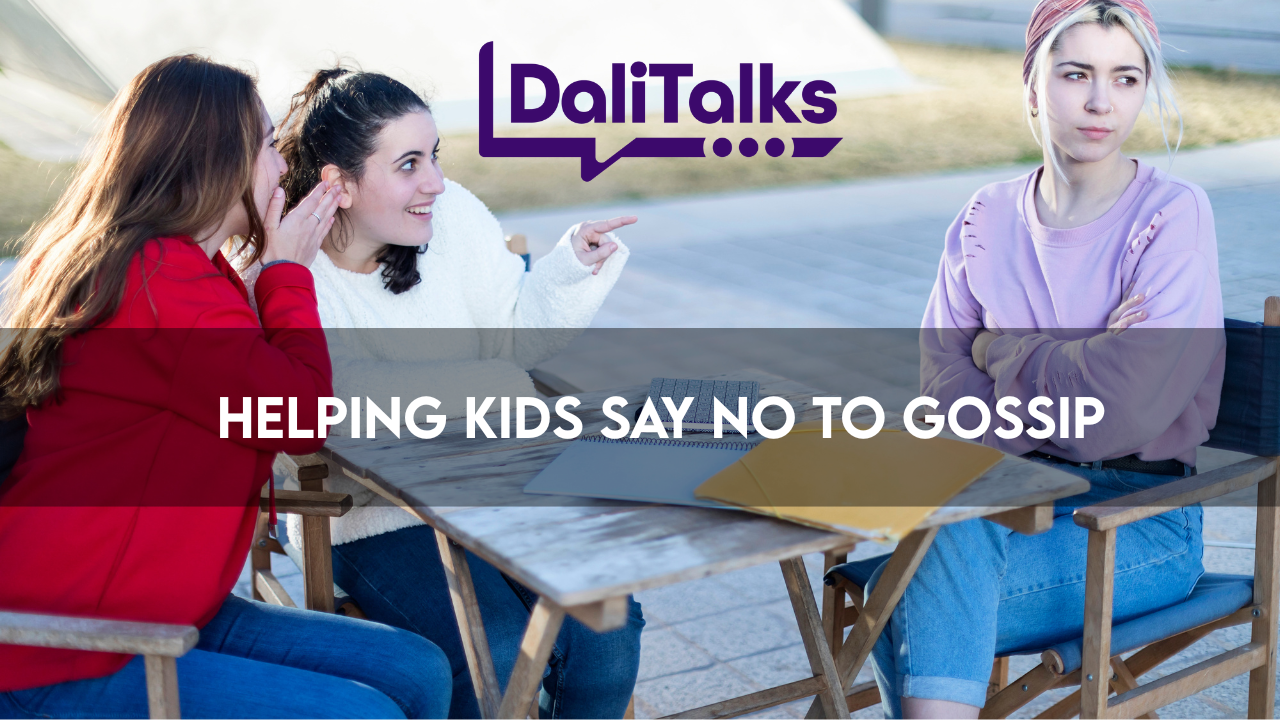
One of the most common and harmful ways children hurt one another is through gossip.
Gossip is a form of social bullying. It can happen in person or online, and it often flies under the radar because it is disguised as conversation or curiosity.
Social bullying damages reputations and relationships. It can look like spreading rumors, encouraging others to exclude someone, sabotaging friendships, or quietly turning peers against a child.
Why Teaching Kids Not to Be an Audience Matters
One of the most effective ways to stop gossip is to stop giving it an audience.
When kids refuse to listen, gossip loses its power. The person initiating it often feels uncomfortable or embarrassed, and the behavior tends to stop.
This matters because children are often more influenced by peer reactions than by adult rules or lectures.
When peers show disinterest in gossip, it sends a strong message that this behavior is not valued.
Why Kids Gossip
Understanding why kids gossip helps adults respon...
Are your kids already on social media?
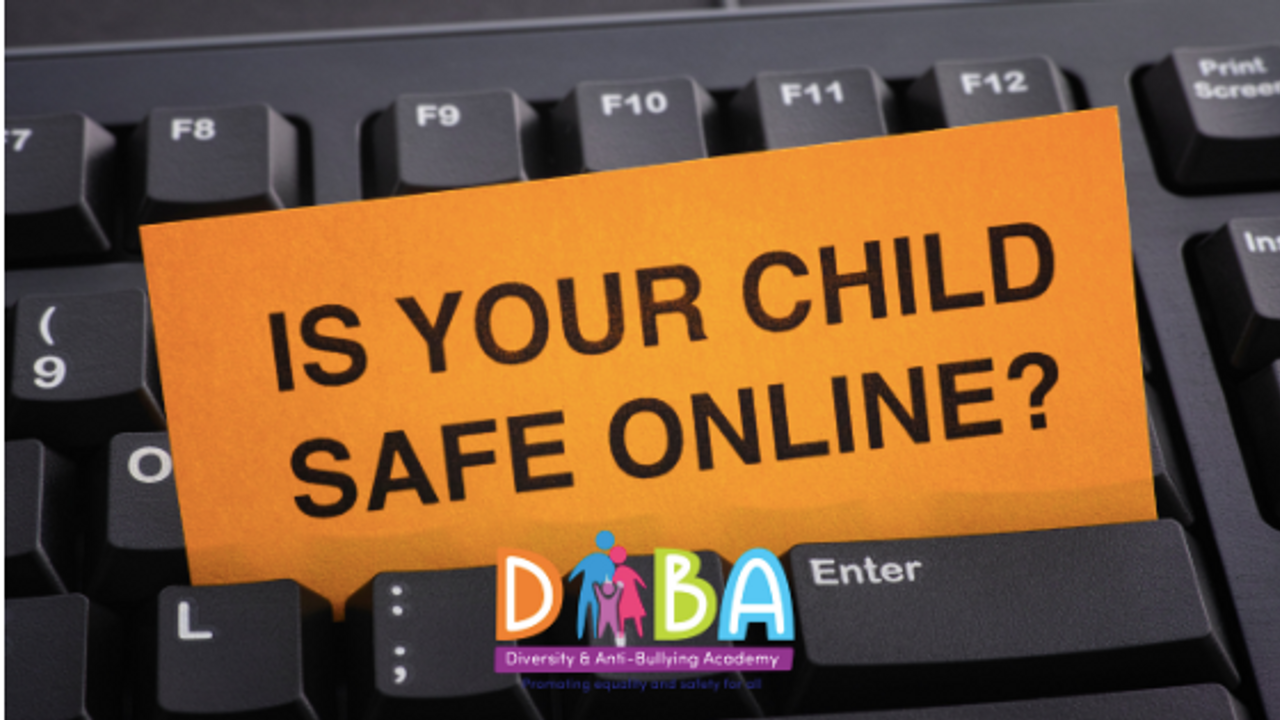
When my kids were around 10 years old, they started asking for a smartphone. Specifically, for an iPhone.
They did what all kids do. They were consistent with asking.
My older daughter even wrote me a letter stating all of the reasons why she NEEDED to have one.
She made promises and tried to convince me that she would be the happiest child in the world if she had a phone.
I said NO.
My intent was to keep them off social media and overall off the internet as much and as long as possible. But, their schools kept gearing them to use online tools for them to do their homework and projects.
That frustrated me and it didn’t help me.
But I persisted and continued to educate myself in case I was being unreasonable.
As they got older they earned the privilege to use it. But, it was not without a lot of discussions and even a contract. That contract included an agreement about how to use it, what to report, and that they would be monitored.
But, you know what I’ve learned over...
Goal-Setting Tips for Families and Kids
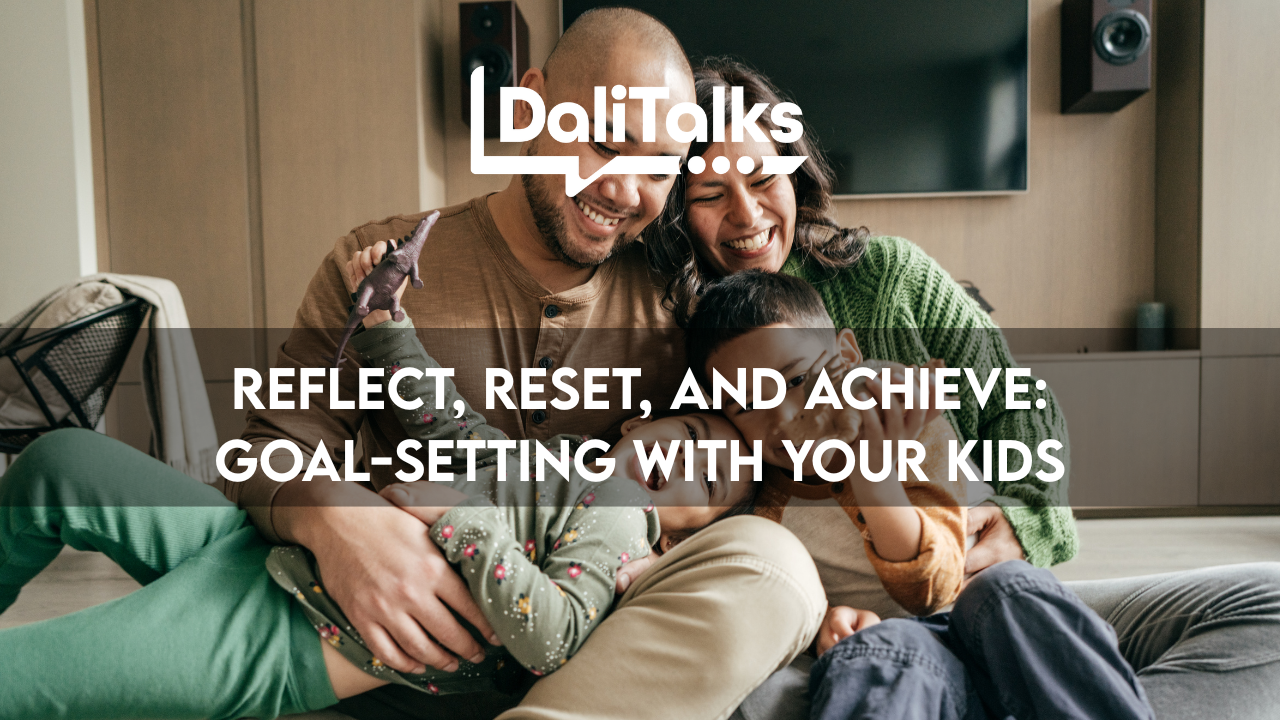
Spring is here, and for many of us, April marks the beginning of the second quarter, a perfect time to pause, reflect, and realign our goals. Whether you’re celebrating Easter, Ramadan, Passover, or simply enjoying the season, this is an opportunity to recharge and refocus your energy.
Goal-setting isn’t just for adults. Involving children in personal and family goal planning teaches them invaluable skills: confidence, self-awareness, perseverance, and how to celebrate progress, important elements in raising confident, bully-proof kids.
Why Reflection Matters
Taking time to reflect allows you to:
- Clarify what’s working and what’s not in your personal or professional goals
- Adjust strategies to stay on track for the next quarter
- Celebrate wins, even small ones, to build momentum
- Teach children how planning and reflection lead to growth and resilience
Reflection is not just a productivity tool; it’s a mindset. When kids see adults reflect, plan, and celebrate, they learn that ...
3 Ways to Practice Forgiveness and Let Go of Emotional Pain
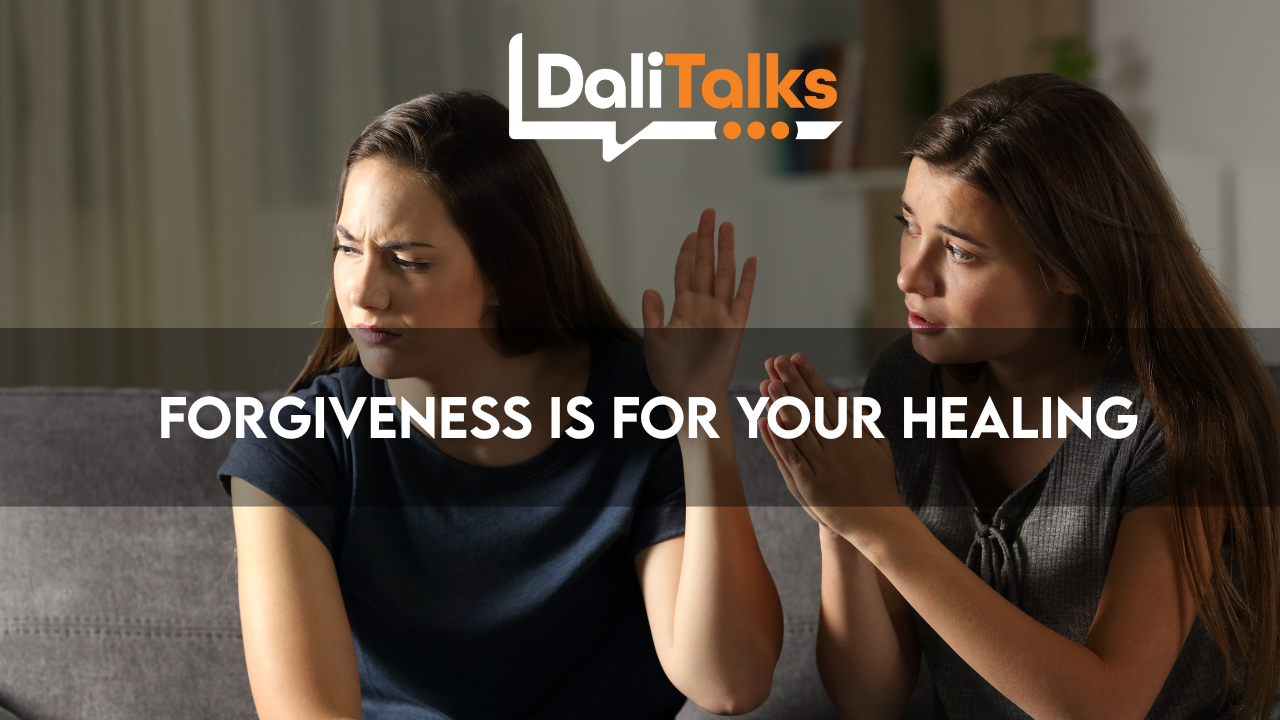
If you are carrying pain caused by someone you cannot bring yourself to forgive, this is for you.
I recently found myself reflecting deeply on forgiveness while reading You Are a Badass by Jen Sincero. Her words stirred memories of my own struggles with forgiving people who had hurt me in ways that changed how I moved through the world.
I do not believe there is a single person who has lived without experiencing emotional pain. The impact of that pain varies, but some wounds run so deep that they shape how we trust, how we love, and how we protect ourselves.
For me, betrayal created walls. I would trust people only partway, maybe 80 or 90 percent, but never fully. At the time, I told myself I was being cautious. In reality, I was afraid.
What Forgiveness Is Not
Many people resist forgiveness because it is misunderstood.
Forgiveness does not mean:
- Saying what happened was acceptable
- Allowing someone back into your life
- Giving permission for the behavior to continue
- Forgettin...
6 Things to Consider Before Giving Your Child a Smartphone
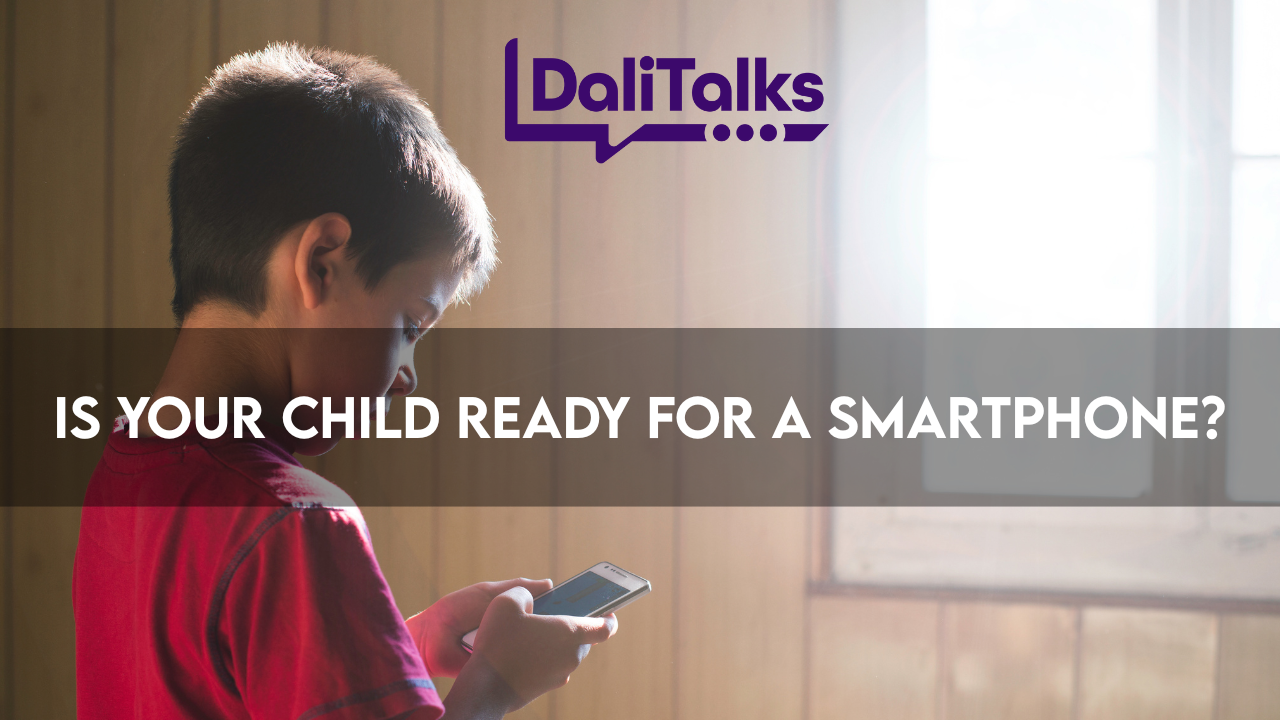
My oldest child was born the same year the iPhone was first released. At the time, many people thought smartphones might be a passing trend.
Here we are years later, watching adults scroll through phones in grocery lines and restrooms, and raising children who have never known a world without smart devices.
That reality alone is worth pausing over.
Today’s kids are being introduced to technology earlier than ever. A 2017 survey by Common Sense Media found that by age 11, more than half of children had their own smartphone, and by age 12, nearly 70 percent did.
With that access comes exposure to information children are often not emotionally prepared to handle.
Early Exposure Comes With Real Risks
Many parents are surprised to learn that the average child in the United States is accidentally exposed to explicit content between the ages of seven and eight.
Add to that the fact that many children experience online bullying, social pressure, or unsafe interactions long before they k...

